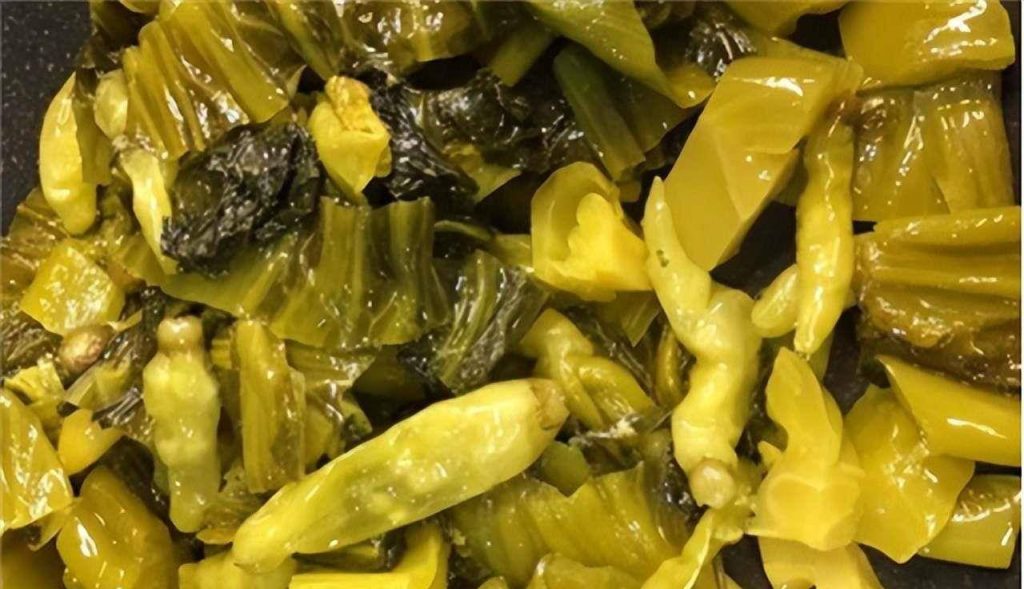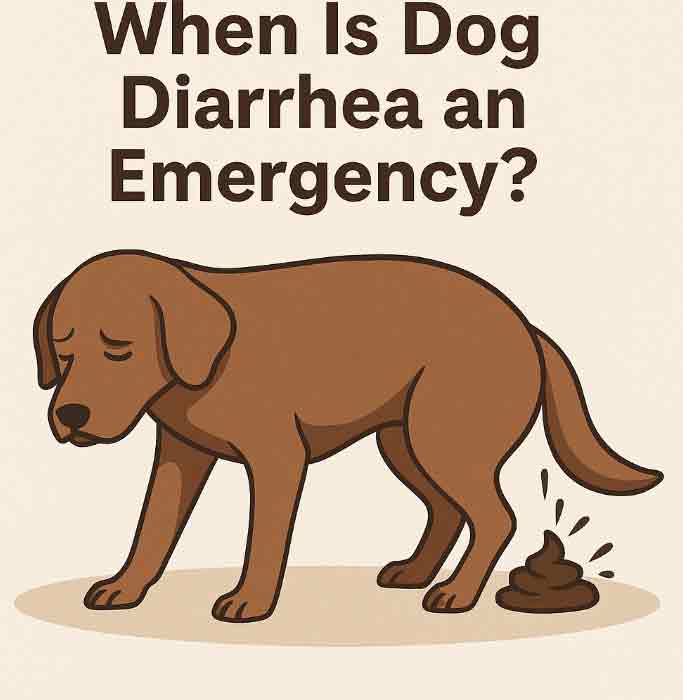Can Dogs Eat Sauerkraut? Benefits, Risks & Safer Alternatives
As a pet parent, you always want to make sure your furry friend eats safe and nutritious foods. With fermented foods like sauerkraut growing in popularity for their health benefits, you may wonder: Can dogs eat sauerkraut? The short answer is yes, but with some important considerations.
In this article, we’ll cover:
-
What sauerkraut is and its potential health benefits for dogs
-
Whether sauerkraut is safe for dogs to eat
-
How to feed sauerkraut to your dog safely
-
Potential risks and side effects
-
Alternatives to sauerkraut for digestive health
By the end of this guide, you’ll have a clear understanding of whether sauerkraut is a good choice for your dog.
What Is Sauerkraut?
Sauerkraut is fermented cabbage, made by allowing bacteria to break down the natural sugars in cabbage. This fermentation process produces probiotics, which are beneficial for gut health. It also gives sauerkraut its distinct tangy taste.
Sauerkraut is rich in vitamins, fiber, and beneficial bacteria. While it’s a great food for humans, you may be wondering if these benefits extend to dogs as well.

Is Sauerkraut Good for Dogs?
Nutritional Benefits of Sauerkraut for Dogs
Sauerkraut can be a nutrient-rich addition to your dog’s diet. Some key benefits include:
-
Rich in Probiotics – Like yogurt, sauerkraut contains beneficial bacteria that support gut health and digestion.
-
High in Fiber – Helps with digestion and prevents constipation.
-
Vitamin C and K – Supports a strong immune system and healthy blood clotting.
-
Low in Calories – A great low-calorie treat for overweight dogs.
-
Antioxidants – Helps reduce inflammation and support overall health.
Can Dogs Eat Sauerkraut? The Answer
Yes, dogs can eat sauerkraut, but only in moderation and without added ingredients like salt, garlic, or onions, which are toxic to dogs.
To make sauerkraut safe for dogs, opt for homemade or low-sodium, unseasoned sauerkraut.
How to Feed Sauerkraut to Dogs
If you want to introduce sauerkraut into your dog’s diet, follow these tips to keep it safe:
1. Choose the Right Sauerkraut
-
Avoid store-bought sauerkraut with added salt, preservatives, garlic, or onions.
-
Go for homemade or plain, unseasoned sauerkraut.
-
Rinse store-bought sauerkraut to remove excess sodium.
2. Start with a Small Amount
Introduce sauerkraut slowly to see how your dog reacts. Begin with a teaspoon for small dogs and a tablespoon for larger dogs.
3. Mix It with Regular Dog Food
To make sauerkraut more palatable, mix a small amount with your dog’s regular food.
4. Monitor for Reactions
Watch for digestive upset, such as diarrhea or gas. If your dog shows any discomfort, discontinue feeding.
Potential Risks of Feeding Sauerkraut to Dogs
While sauerkraut is safe for dogs in moderation, there are a few risks to consider:
1. High Sodium Content
Store-bought sauerkraut is often high in salt, which can lead to dehydration, high blood pressure, and kidney problems. Always rinse or use homemade sauerkraut.
2. Gas and Digestive Upset
The fermentation process produces gases that can cause bloating, gas, or stomach discomfort in some dogs. If your dog is prone to digestive issues, introduce it slowly.
3. Toxic Ingredients in Some Sauerkraut
Some sauerkraut brands include garlic, onions, or spices, which are toxic to dogs. Always check the label before feeding.
4. Not Suitable for All Dogs
Dogs with kidney disease, heart issues, or sensitive stomachs should avoid sauerkraut due to the sodium and fermentation effects.
Healthier Alternatives to Sauerkraut
If you’re looking for digestive health benefits without the risks of sauerkraut, try these dog-friendly alternatives:
-
Plain Pumpkin – High in fiber, great for digestion.
-
Plain Yogurt – Contains probiotics for gut health.
-
Cooked Carrots – Gentle on the stomach and full of vitamins.
-
Steamed Green Beans – Low in calories and nutritious.
Conclusion: Should You Feed Sauerkraut to Your Dog?
Yes, dogs can eat sauerkraut in moderation, as long as it’s plain, low-sodium, and free from harmful ingredients. The probiotics, fiber, and vitamins make it a great occasional addition to their diet.
However, always introduce it slowly and monitor for any signs of digestive discomfort. If you’re unsure, consult your veterinarian before adding sauerkraut to your dog’s diet.
Would you consider giving sauerkraut to your dog? Let us know in the comments!







